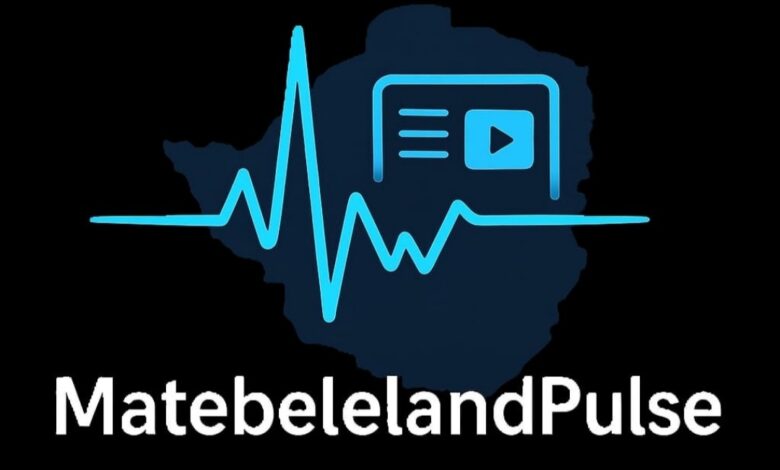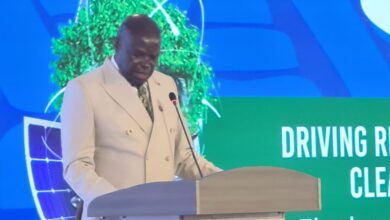Smart water meters: Fixing billing while taps run dry?

Tendai Nyambara
As a resident of Pumula East, Bulawayo, I’ve endured years of unreliable water supply, a reality confirmed by the Bulawayo City Council’s (BCC) own 2023 Water and Sanitation Services Report.
It documents that areas like ours receive piped water for fewer than 72 hours weekly due to aging infrastructure and critical supply shortages. We face weeks without council water, forcing reliance on alternatives with documented risks: boreholes flagged for untested water quality in the City Health Department’s 2021 Annual Report, and private vendors whose prices—as per Bulawayo Progressive Residents Association (BPRA) surveys—are unaffordable for many families.
Despite this erratic supply, monthly bills arrive, sometimes with estimates exceeding charges from periods of reliable service.
Now, the BCC and national government are installing prepaid smart water meters, citing goals in their 2022-2026 Strategic Plan: accurate billing, eliminating estimates, and improved revenue collection. Yet from my daily experience in Pumula East, the crisis isn’t billing, it’s the absence of water itself.
As the Zimbabwe National Water Authority (ZINWA) 2022 National Master Plan stresses, Bulawayo’s core issues are water sourcing and crumbling infrastructure, requiring over USD $300 million for rehabilitation. Prepaid smart meters need water in pipes to function, they can’t create supply. Without completing urgent projects like the Lake Gwayi-Shangani pipeline, meters will only quantify scarcity we already suffer.
This raises urgent concerns echoed by neighbours and civic groups. Prepayment shifts all financial risk to households. When credits run out, vulnerable families face impossible choices. The UN Special Rapporteur on the human rights to water (Report A/HRC/39/55) warns such systems risk excluding the poor, directly conflicting with Section 77(a) of Zimbabwe’s Constitution, which guarantees every person “the right to safe, clean and potable water.
BCC’s existing Drought Relief Tariff lacks transparency for prepaid systems, leaving no clarity on protection from disconnection. Moreover, BPRA statements and council minutes reveal residents were never meaningfully consulted about affordability safeguards, maintenance protocols, or protections for the elderly or ill.
While meters might improve billing efficiency, they ignore the root crisis: physical water scarcity. The 2023 UN Zimbabwe WASH Report confirms only 34% of urban Zimbabweans have access to safely managed water. Investing in meters before solving supply prioritizes revenue over people. Water is a constitutional right, not a commodity.
Here in Pumula East, prepaid meters feel like a technical distraction from the real emergency: dry taps and the government’s failure to deliver the water it is bound by law to provide.





